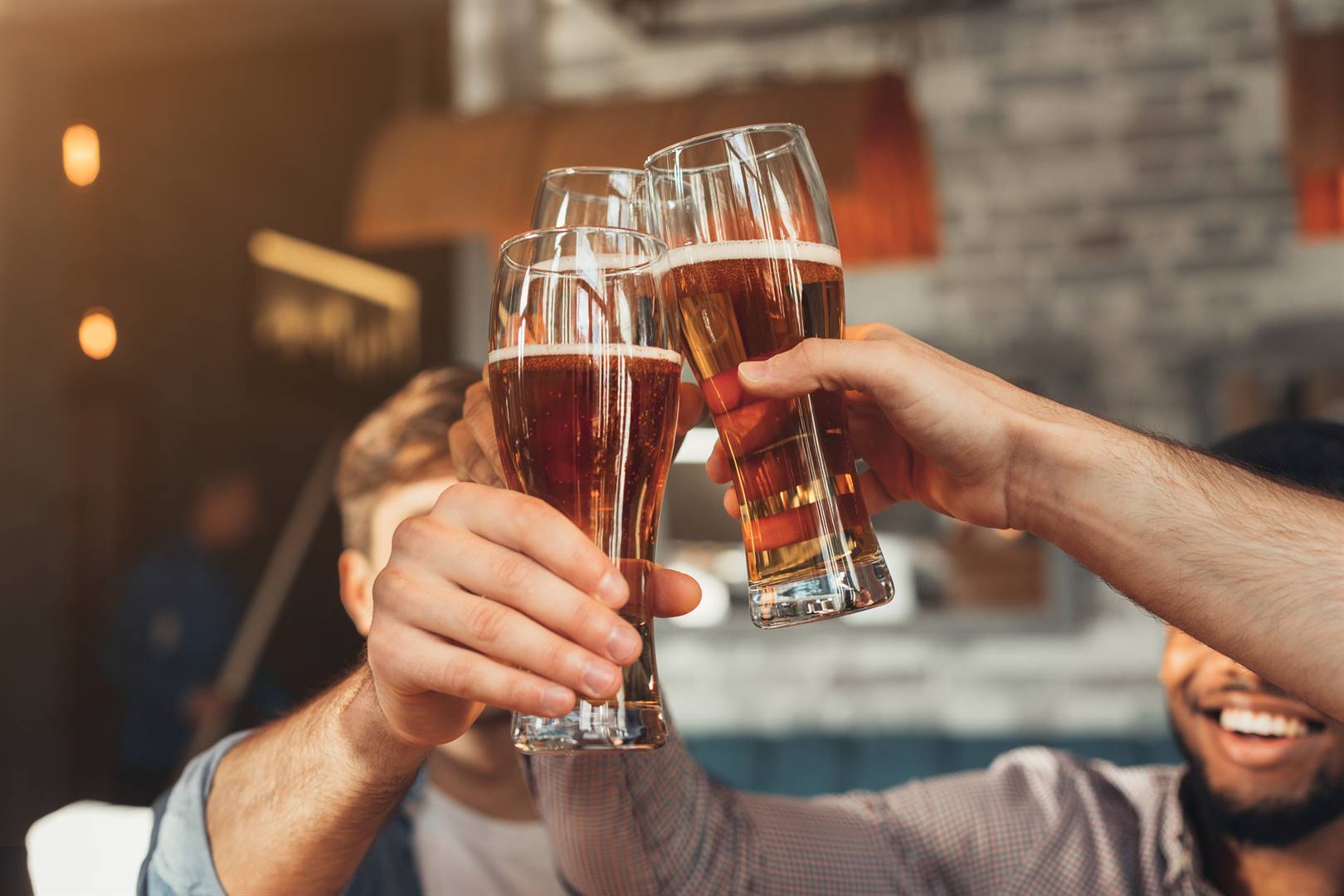
As millions of people across the world took to wearing face masks, prioritised sanitising their hands and stayed at home under lockdowns as they adjusted to living with the Covid-19 pandemic, so too did unhealthy commodity industries adjust, jumping at the chance to exploit consumers.
This is according to a report titled Signalling Virtue, Promoting Harm: Unhealthy commodity industries and Covid-19, which was released on Thursday morning, and authored by the NCD Alliance and the National Spectrum Consortium.
Businesses changed tactics, from beer companies adapting their logos to burger companies geo-tracking customers and offering lockdown freebies, to cooldrink giants donating thousands of cans to struggling communities in Mexico.
According to the report, the examples are endless. In the US, a burger chain offered a free “thank you meal” to healthcare workers, who would then take and post a selfie featuring the franchise, and an alcohol brand donated meals and their energy drink to health workers.
According to the authors of the report, these moves illustrate that there are many ways for unhealthy commodity industries to leverage the pandemic for commercial gain.
The preliminary report analyses the tactics and strategies developed by these industries during the pandemic that, according to the latest World Health Organisation (WHO) data, has affected more than 28 million people and claimed more than 900 000 lives.
On Wednesday night, Health Minister Zweli Mkhize said that there were 642 431 confirmed cases in the country, and 15 168 Covid-19 related deaths.
READ: SA’s R300 billion tax collapse
During a virtual media briefing ahead of the release of the report, Katie Dain, the CEO of the NCD Alliance, said: “There is a well-documented history of unhealthy commodity industries infiltrating public health organisations, subverting science, and interfering with and undermining public policies. Pre-Covid-19, this was something that had been charted and monitored extensively, and it has been a major barrier to progress on non-communicable diseases [NCDs].”
According to the alliance, which is a global civil society network of about 2 000 organisations in 170 countries dedicated to the prevention and treatment of NCDs, diseases such as diabetes, cancer and heart disease are the world’s biggest killers and causes of disabilities.
These diseases are responsible for 71% of deaths globally, which works out to more than 41 million deaths every year. At least 17 million of those deaths occurred in people younger than 70.
“There is a growing body of evidence on the intersections between Covid-19 and NCDs. Both Covid-19 and NCDs are indiscriminate killers, reinforcing one another and disproportionately affecting the poorest and most vulnerable communities in every country,” Dain said.
Speaking on how these industries had leveraged the pandemic for their own gain, she said: “These are industries whose core products and activities are harmful, exacerbate the burden of NCDs and potentially undermine broader development goals, and are therefore largely incompatible with public health and NCD targets.”
READ: It will end in tears if you drink irresponsibly – Oscar Mabuyane
The report outlines four main strategies – pandemic-tailored marketing campaigns and stunts, corporate social responsibility programmes, shaping policy environments, and fostering partnerships with governments, international agencies and NGOs.
To date, the initiative used crowd-sourcing methodology to collate data from May 5 to July 10, asking participants to complete a survey to share any Covid-19-related industry activity they had observed from January 30, which is when the WHO declared a public health emergency of international concern.
They received a total of 786 submissions from more than 90 countries, with the most frequently cited countries being the UK and the US (119 submissions each), followed by Australia (56), India (43), Mexico (34), Brazil (29) and Jamaica (28).
The majority of the examples concerned the alcohol industry and manufacturers of ultra-processed food and drink products (363 and 328, respectively), though the data set also includes notable submissions across breast milk substitutes, fossil fuel, gambling and tobacco.
Professor Jeff Collin, co-author of the report, said: “Covid-19 has provided global health with an unprecedented prominence and is powerfully illuminating an important policy window, one that is far too significant to allow unhealthy commodity industries to define the agenda. Monitoring and countering their efforts to do so is therefore essential to developing coherent approaches to health and sustainable development.”




 Publications
Publications
 Partners
Partners











